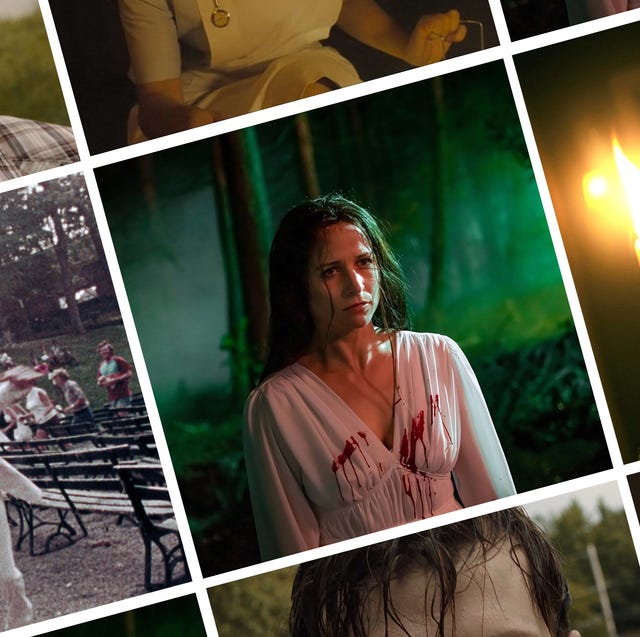
Ghosts and other visceral phantoms have long been a staple of the horror genre (Ju-On, The Sixth Sense, and House on Haunted Hill immediately spring to mind). But it’s nice to know that there is still room to reimagine and revitalize the subgenre today, tackling themes from #MeToo to film censorship and more.
This year’s offerings so far have taken audiences from a 1970s London hospital to a decrepit theme park in Pennsylvania whose specters have an entirely natural presence. How do you ward off the inexplicable? Pop the hood below for a few treats sure to keep you up at night.
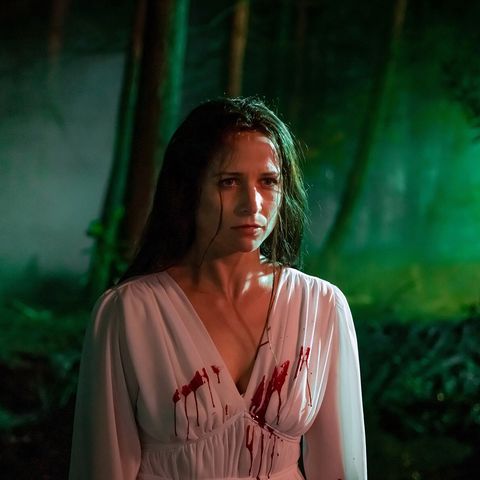
Horror surroundings set in or around cinema houses are ripe for the genre due to the number of late-night hours and perpetual screen-staring that goes into the job, which could easily turn someone into a zombie. But Welsh writer-director Prano Bailey-Bond, with co-writer Anthony Fletcher, goes beyond this low-hanging fruit to tell a story about trauma and triggers—both familial and professional. Enid (Niamh Algar), a film censor, views myriad movies to determine whether they’re suitable for audiences. While doing so one night, she becomes convinced that a particularly disturbing video nasty stars her sister who disappeared years prior and is presumed dead. At first steadying the film on Enid’s growing obsession with determining whether a notorious director exploited her sibling, Bailey-Bond soon throws audiences into her protagonist’s psychological descent with stunning visual flair. By the end, you’ll be second-guessing your own sanity.
In theaters now, available to stream June 18
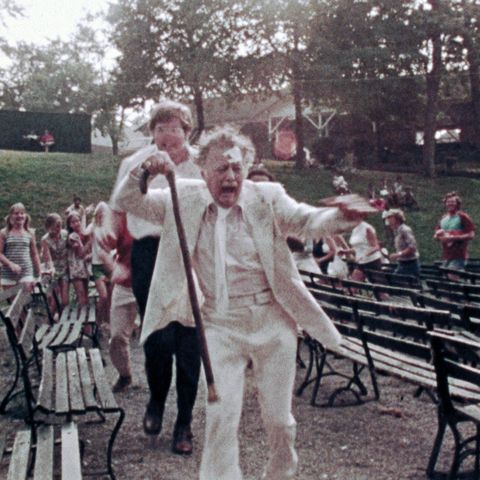
Only a legend like director George A. Romero would find a way to terrify audiences with a newish film nearly four years after his death. Dusted off and restored from a 46-year-old archive, The Amusement Park is, true to Romero’s oeuvre, a lucid nightmare. And this one is especially palpable, because it’s about something that is unavoidable for all of us: aging. Written by Wally Cook, the film begins with a foreboding preamble pleading for sympathy for the old by Lincoln Maazel, who plays the film’s unnamed protagonist, before launching its true terror. Maazel’s character and other elderly people visit a Pennsylvania amusement park to presumably add a little joy to their lives. But that quickly spirals into chaos, as the theme park morphs into an incubus with Maazel’s character being beaten up, discriminated against due to his age, and physically and emotionally tossed aside. It’s a hallucinatory trip that is rooted in real-life horrors that specifically affect one of the most disregarded and forgotten people on the planet. And it leaves us with the resounding thought that they will happen to us too.
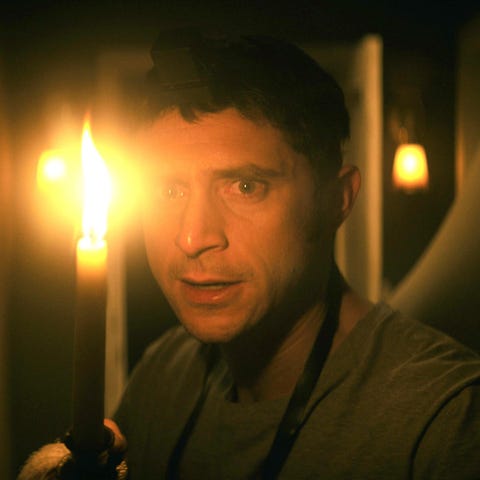
The Jewish tradition of shemira, keeping vigil over a dead body until its buried, is so ripe for an excellent horror that it’s surprising there isn’t a genre film about this every year. Writer-director Keith Thomas humanizes the unnerving custom with the story of Yakov (Dave Davis), a young man recently separated from his Orthodox Jewish community, who is compelled to keep overnight watch of a deceased member in order to make a few extra bucks to keep his rent paid. Of course, it starts off suspicious (looking after the corpses in the dead of night already sounds frightening), but the graduating sense of unease—and sheer horror—that occurs within these dark hours is utterly paralyzing to watch. Will Yakov survive the night? And what will he discover about himself or his faith by dawn?

As any fan of A Quiet Place can attest, silence is one of the most horrifying things to ever happen to the genre. Writer-director Corinna Faith’s The Power helps bring that into startling focus especially in today’s #MeToo culture. Set around the 1970s labor crisis in London, when the country opted to preserve power with regular electricity cuts following a miners strike, the story centers on a young nurse, Val (Rose Williams), who begins work at a hospital that is hell-bent on keeping its own horrifying secrets. She’s told right away, by both the male and female staff, that she needs to keep her head down and do what she’s told—no matter what alarming sights she may witness, like how the male workers treat the female patients—and that none of her opinions or points of view matter anyway. On top of that, the institution commits to the electricity curfew, plunging the rooms and floors into an overwhelming darkness. All this, of course, is grounds for a spooky story that throws Val face-to-face with a ghost and, potentially, her own fate. Chilling.
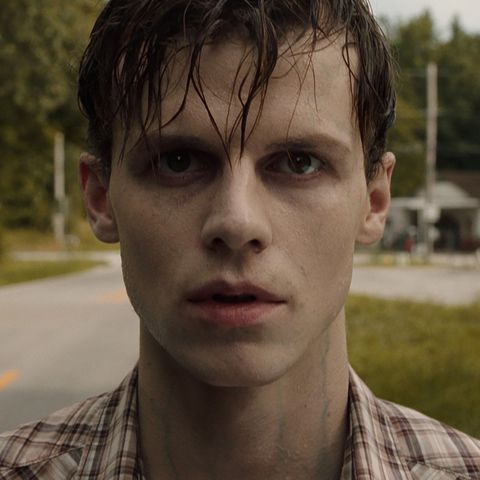
Clearly, real-life paranormal investigators Lorraine and Ed Warren (Vera Farmiga and Patrick Wilson) had experienced enough scary AF demonic phenomena that their cases could easily be turned into episodic episodes on TV. But there is something to be said about a good, old-fashion ghost story thriving on the big screen. For the Warrens’ third time out of the gate, previous director James Wan passed the baton to helmer Michael Chaves, who brings us back to 1981 Connecticut where Arne Cheyenne Johnson (Ruairi O’Connor) killed his landlord and claimed he was possessed. As the film’s title alludes, the Warrens help normalize the influence of the devil in the same court of law that enforces oaths on a bible. Though that is obviously a bit on the nose, it doesn’t dull the impact of an utterly horrifying film. As Arne tries (and woefully fails) to control his diabolical urges while locked up, Lorraine and Ed are dragged into a terrifying battle of will with a fiend. But as many frights as The Devil Made Me Do It has, nothing is ghastlier than watching this couple, the heart and soul of this genre series, recoil from one another due to hallucinations of evil manufactured by a vengeful spirit. Only a horror classic with romance in its core would have the audacity.
